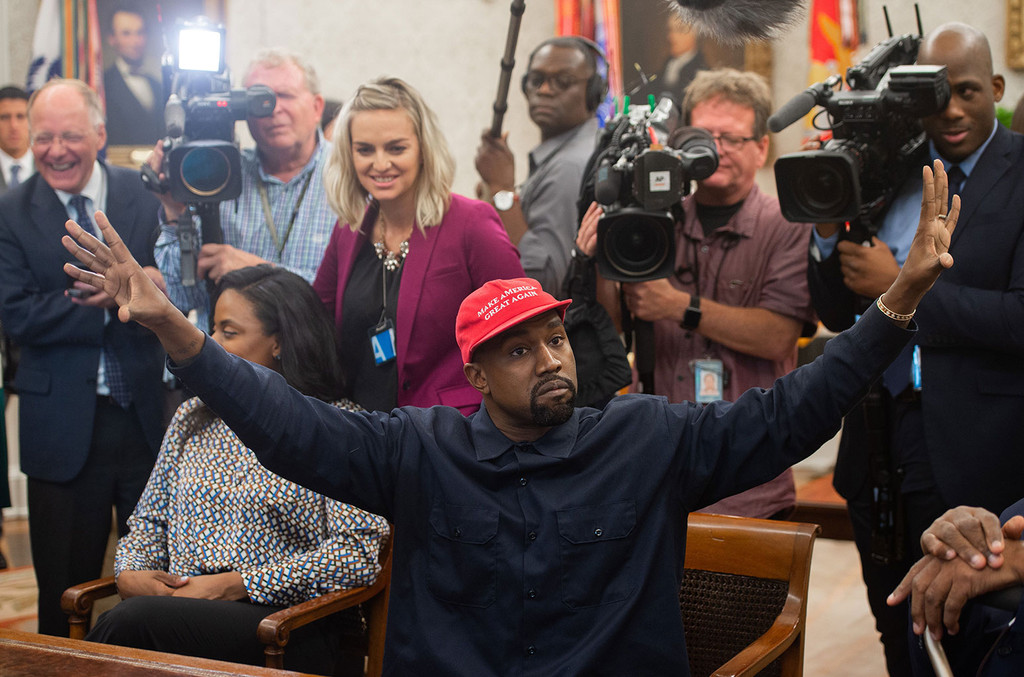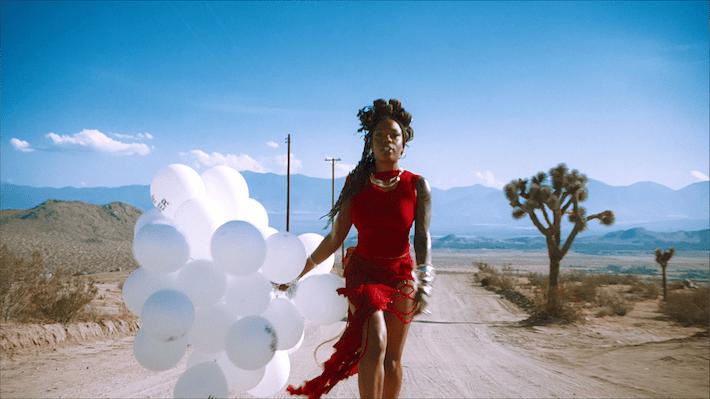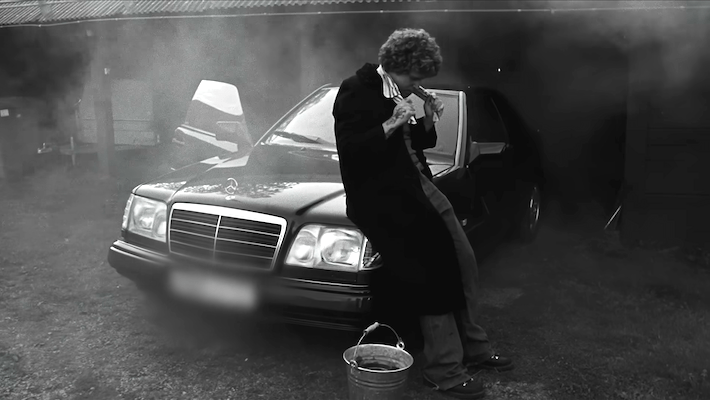If you’ve got $5,000 in the bank and a determination to crush the two-party system that has dominated the White House for most of the past 220 years, you too could become president. Never mind that a third-party candidate has not only never won the modern presidency, but, with the exception of Texas billionaire Ross Perot’s renegade 1992 run that racked up nearly 19 percent of the vote, no independent candidate in the past 40 years has put up even a fraction of that in an election.
Enter Kanye West. The rapper is reportedly running for president under the third-party Birthday Party banner as part of a campaign that has so far reportedly landed him on the ballot in one state, Oklahoma. Other than a July 4th tweet announcing his intentions, a disjointed interview with Forbes magazine and the apparent filing of paperwork with the Federal Election Commission stating his intention to run, West has not revealed his campaign strategy — or made any further comments about his ambitions to take on Pres. Trump or former Vice President Joe Biden with just 109 days left until the Nov. 3 election.
So what is the possible end game for West, a political neophyte known for making provocative statements — including telling Forbes he plans to refashion the nation to resemble the fictional Black utopian Wakanda from the Marvel superhero film Black Panther and his avowed anti-COVID-19 vaccination stance — who, at best, could prove to be a marginal spoiler should he get on to more than one state’s ballot?
Billboard asked political science professors and a veteran campaign staffer for former Democratic Pres. Barack Obama what they think West’s campaign is all about.
“Not to be flip, but I think the answer is that he gets to say he is a presidential candidate, he will get some additional publicity, and he can afford it,” says John Mark Hansen, professor of political science at the University of Chicago in West’s hometown, who, like the other experts, was speaking with no firsthand knowledge of West’s efforts. “He seems to have a high opinion of himself. Like a lot of celebrities, though, I suspect he’s hungry for attention and he’ll get it. Anybody else with $5,000 [the amount a candidate must spend or raise to trigger an official campaign by FEC rules] isn’t going to get any attention at all, except maybe in the local paper.”
A recent Redfield & Wilton Strategies survey of 2,000 registered voters in the U.S. reportedly found that 2% of respondents were willing to back West, though even his wife, Kim Kardashian West, has so far offered only halfhearted backing with a single retweet of Kanye’s July 4th missive alongside an American flag emoji. West’s friend, Chance the Rapper, appeared to back the bid in a series of recent tweets that didn’t mention the “Wash Us in the Blood” MC by name, but lashed out at the two-party system.
A spokesperson for West has not returned multiple requests for comment from Billboard, which has also not received a response from the individual listed as the campaign’s treasurer; a request for comment sent to the email address of record listed on West’s FEC documents bounced back unanswered.
In the weeks since West’s announcement, the rapper — who told Forbes he has never once voted and just recently registered to vote for the first time — has not followed up with any additional social media posts about his purported run, but instead has posted images of his vision for futuristic huts, his children and an iPhone keyboard, a birthday shout out video from former NBA great Dennis Rodman, and pics of mountains and metal chairs.
Robert Shapiro, the Wallace S. Sayre Professor of Government and Professor of International and Public Affairs in the Columbia University Department of Political Science, tells Billboard that he’s seen reports of West’s FEC filings and his Oklahoma ballot bid and is “puzzled” by it all.
“For one, he may be doing this to get in the limelight and draw attention to him for other purposes,” Shapiro tells Billboard. “Not being on ballots limits any impact he could have as a ‘spoiler’ in particular states — remember small numbers of votes can matter in close elections which may occur in states like MI, FL and even TX and NC?”
To date, West has missed filing deadlines to get on the ballot in Indiana, Michigan, Florida, South Carolina, Texas and North Carolina, and is running out of time in Illinois, Maine and Missouri. He’s also facing early August deadlines to appear on the ballot in more than a dozen other states, with all the states requiring signatures from 1,000-nearly 200,000 to make the cut.
Shapiro says it’s possible West could mount a write-in campaign in an attempt to siphon votes from his former MAGA comrade Trump or presumptive Democratic candidate Biden by appealing to young and minority voters who might otherwise vote for the former Vice President, if at all.
As for West’s policy pronouncements so far, Shapiro calls them fringe, except for the Sunday Service leader’s claim to Forbes that he wants to return prayer to schools, “for which there is actually public support depending on how the issue is framed,” he says, adding that there are, however, “large” partisan differences on the issue. “That [prayer in school] would appeal to some Trump voters,” he says. “Vaccinations will be an issue regarding any vaccine for Covid-19.”
What West can gain from his outlier positions, though, is headlines and attention, but Shapiro says it takes more than celebrity name recognition to attract voters, especially during a dire time when the nation is facing a raging, deadly coronavirus pandemic that is cratering the economy as well as intense partisanship brought on by a president (also without previous political experience) who seems fueled by sowing division. “Voters this election are less likely than in the last, I think, to waste their votes on third/fourth party candidates,” says Shapiro.
With more than two decades of experience organizing youth as a co-founder of Punkvoter.com, Rock Against Bush, Artists for Obama and Artists for Bernie, as well as helping with online messaging for the Obama campaign in 2008 and work on dozens of other national political campaigns, Scott Goodstein knows what it takes to mount an outsider effort.
“Anyone who wakes up and thinks, ‘I can be President of the United States’… it’s not a normal thing for any human to do, so they have to have a bit of humility or someone who checks them,” says Goodstein, who adds that was in conversations with “very wealthy” people in the most recent presidential primary campaign, who asked friends and people they didn’t know that well, including him, whether it was a good idea to run.
With the exception of Tesla/SpaceX founder Elon Musk, who endorsed, unendorsed and then re-endorsed West over the past two weeks, West told Forbes he’s been “speaking with experts, I’m going to speak with [Trump advisor and son-in-law] Jared Kushner, the White House, with Biden” for help, citing Musk and Kardashian West as his only advisors so far.
Goodstein, too, thinks that West — who is well acquainted with the value of using social media to hype a product — could get lots of attention for a quirky campaign from a mainstream press sick of covering another head-scratching daily presidential press conference or numbing COVID-19 update. “The problem is that what you’re actually helping [West] do is build his brand to sell products, or albums or merchandise by increasing his name recognition, but as far as ballot access, there are presidential candidates in the U.S. primaries who couldn’t get it,” he says.
Goodstein points to the necessity of getting hundreds of thousands of signatures very quickly to make a real impact, noting that he’s worked on many important ballot initiatives for crucial issues that had millions of dollars behind them and which required signatures, notarized documents and expensive ad campaigns to get off the ground, only to fall apart when someone forgot to take care of “one silly thing”; West told Forbes he believes he could argue that he failed to get on ballots due to the coronavirus.
“It’s a hard threshold to reach and I’m not even sure that’s his goal,” Goodstein says of West’s seemingly scattershot effort to date, which, he thinks at best could divert some attention from Trump and Biden for a brief period. Pointing to wife Kardashian West’s successful push for criminal justice reform, Goodstein says that if West really wanted to make an impact he would have chosen one vital issue to zero in on and own, which might, at least, get him an endorsement from one of the major party candidates.
“That way he wouldn’t be perceived as a joke candidate if he had one issue with authenticity on it, but he didn’t do that,” Goodstein says. “Instead he’s like [1980s Bud Light advertising mascot] Spuds Mackenzie, who people made [presidential] t-shirts for… we’re just not in that time. It’s a time when people want facts and leadership and to get us out of this mess we’re in.”


